About TropEco

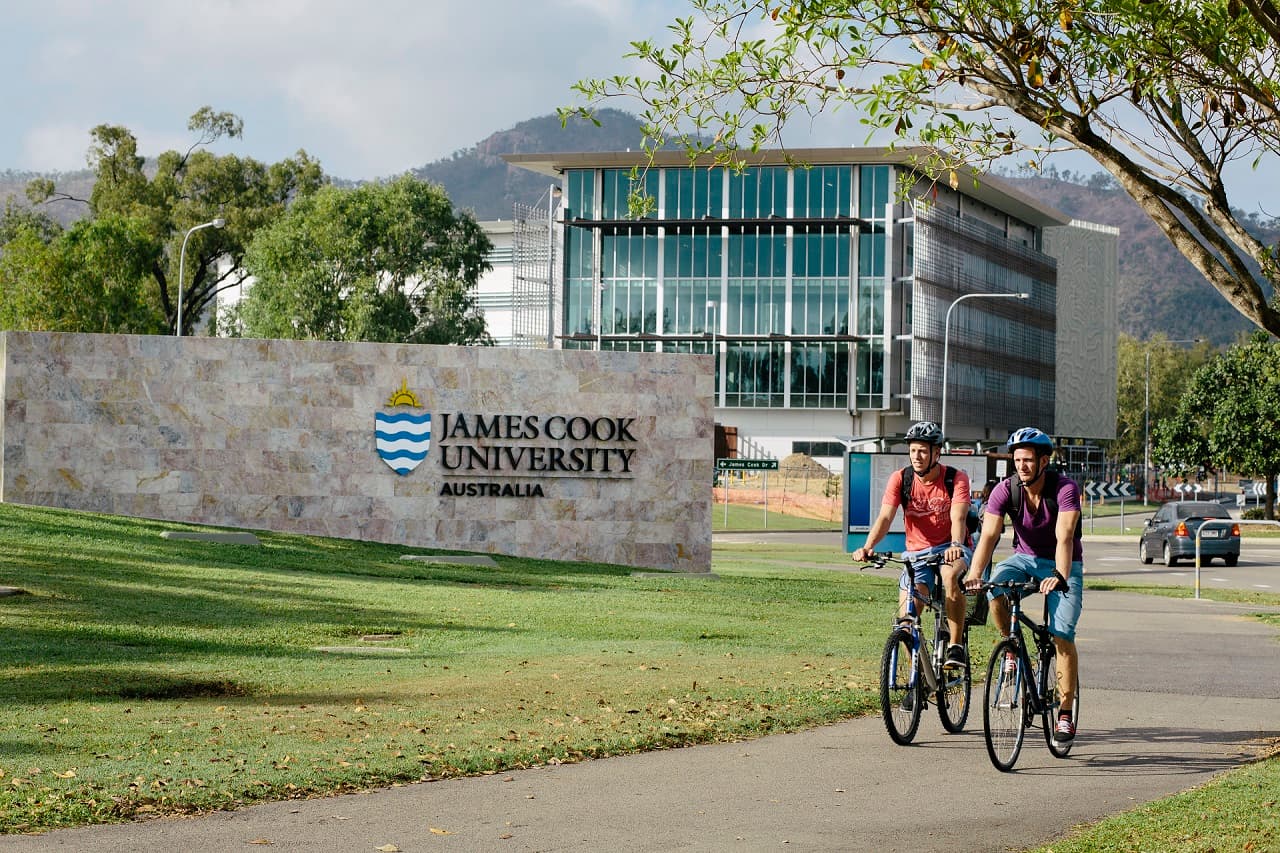
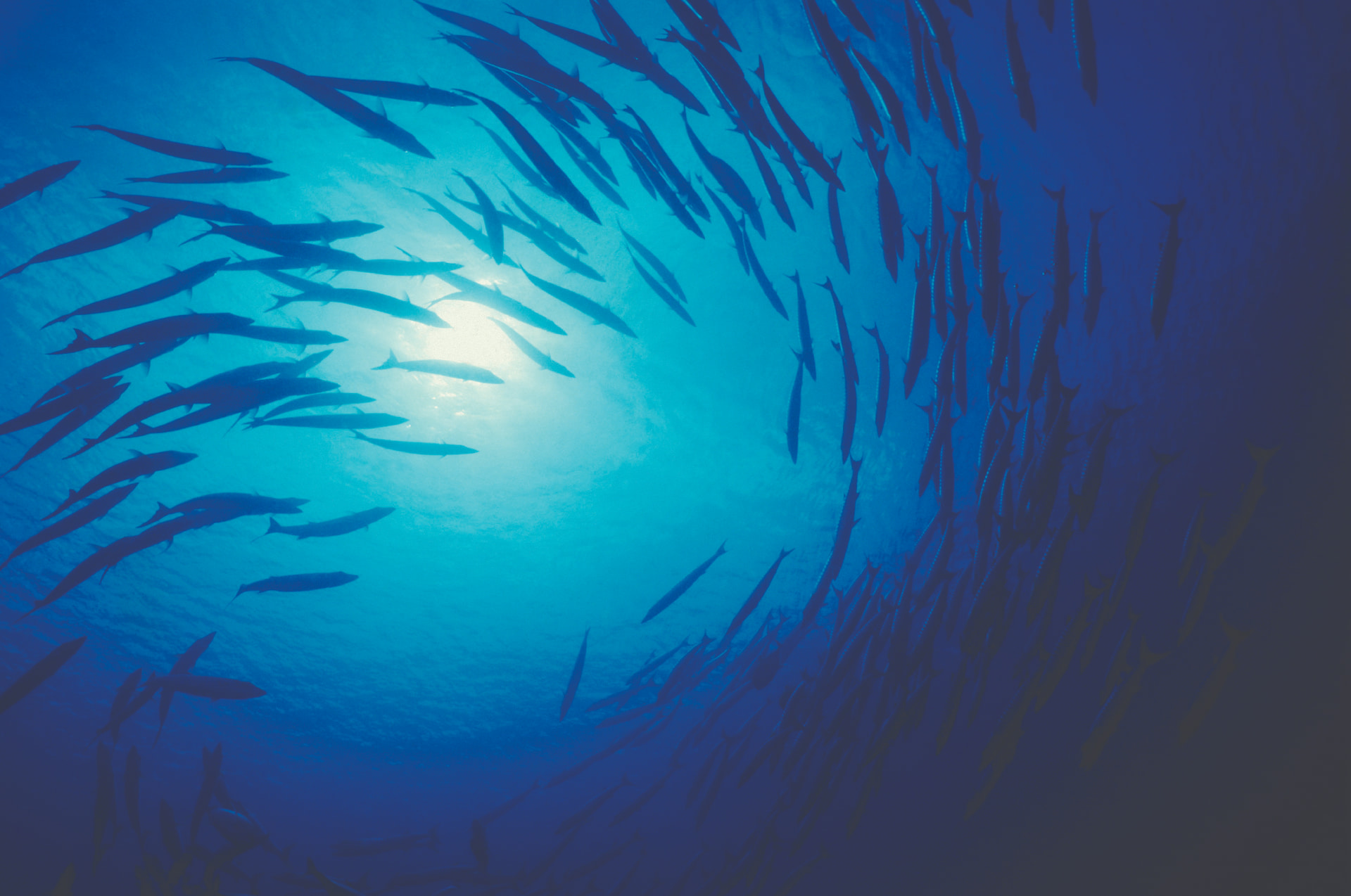
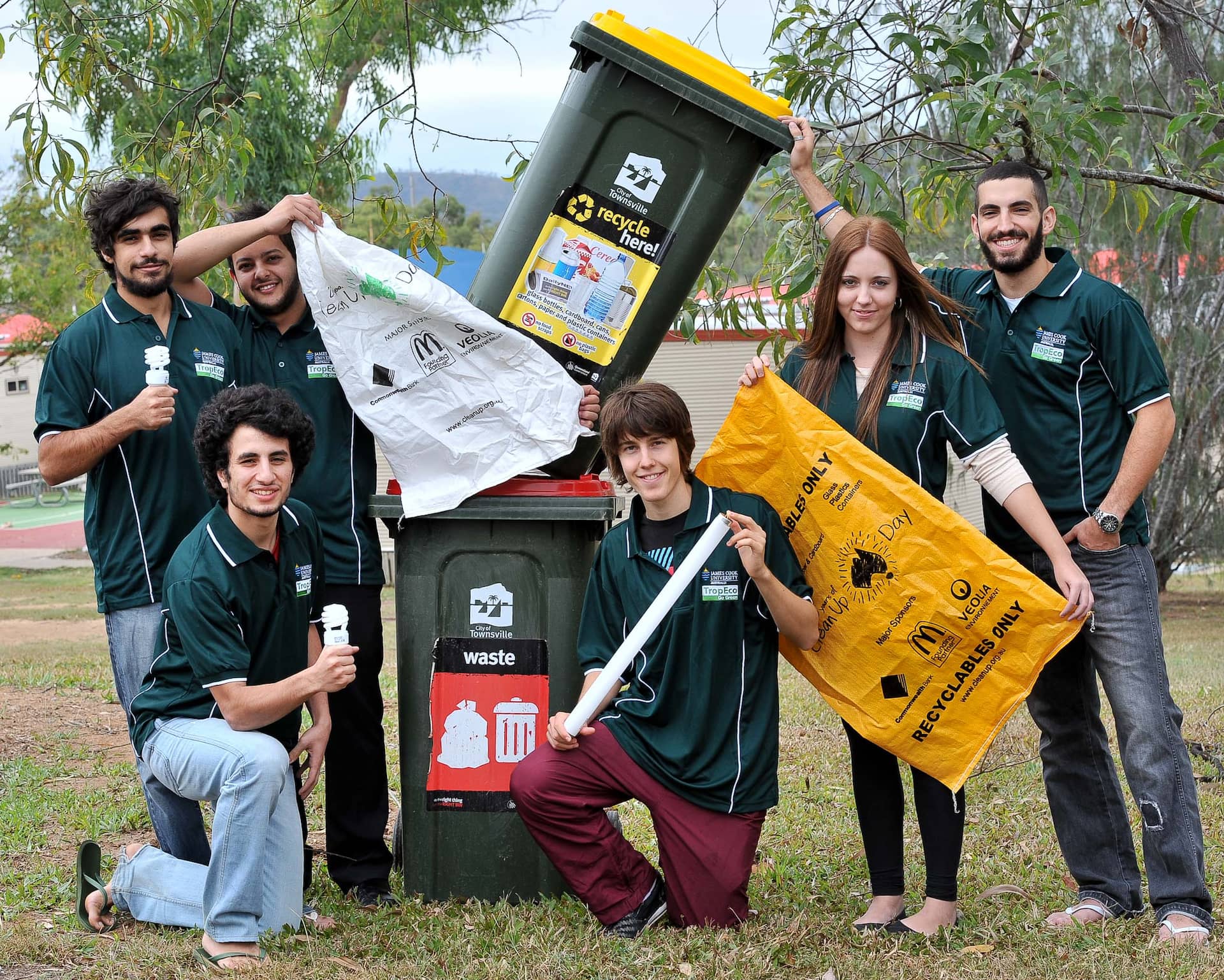
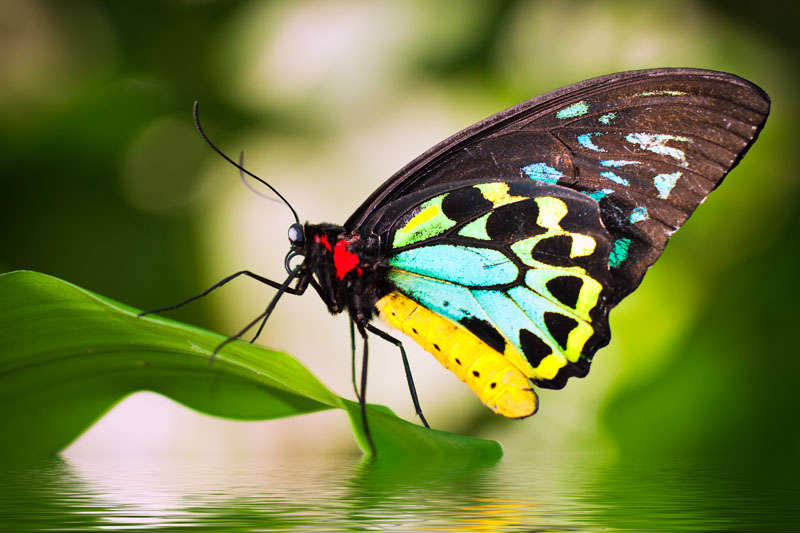
TropEco is 番茄社区's environmental sustainability program for staff and students, fostering a culture of sustainability in action that contributes to achieving greater sustainability goals. The team is here to support and celebrate your ideas, so please contact us if you have new ideas, questions or feedback about sustainability at 番茄社区.
The program supports participation through activities including:
- Student internships - for individuals to make a more significant contribution through sustainability projects
- Staff team challenges - friendly competitions between work groups performing sustainability actions
- War on waste - facilities to help people reduce, reuse and recycle as much personal waste as possible
- Community gardens - promoting local food production and self-sufficiency
- Green bike program - reconditioning old bicycles and encouraging use of active transport.
Sustainability initiatives
Below are some of the great sustainability initiatives that 番茄社区 has invested in to create more sustainable campuses and actively pursue its commitment to sustainable development.
番茄社区's has invested in energy management for many decades, with initiatives including the Campus District Cooling system, a progressive Energy Management System and several solar power installations.
Energy use is closely monitored using energy management system software, which matches air conditioning and lighting around typical hours of building use, adjusted for weather conditions and efficiency.
Leadership in Energy and Environmental Design (LEED) is the most widely used green building rating system in the world, and is devised by the Unites States Green Building Council to evaluate the environmental performance of a building and encourage sustainable design.
All new 番茄社区 buildings are built to the highest sustainability ratings which significantly reduce their environmental impact. 番茄社区’s landmark The Science Place building is the first educational building in Australia to achieve a prestigious for its environmentally sustainable design.
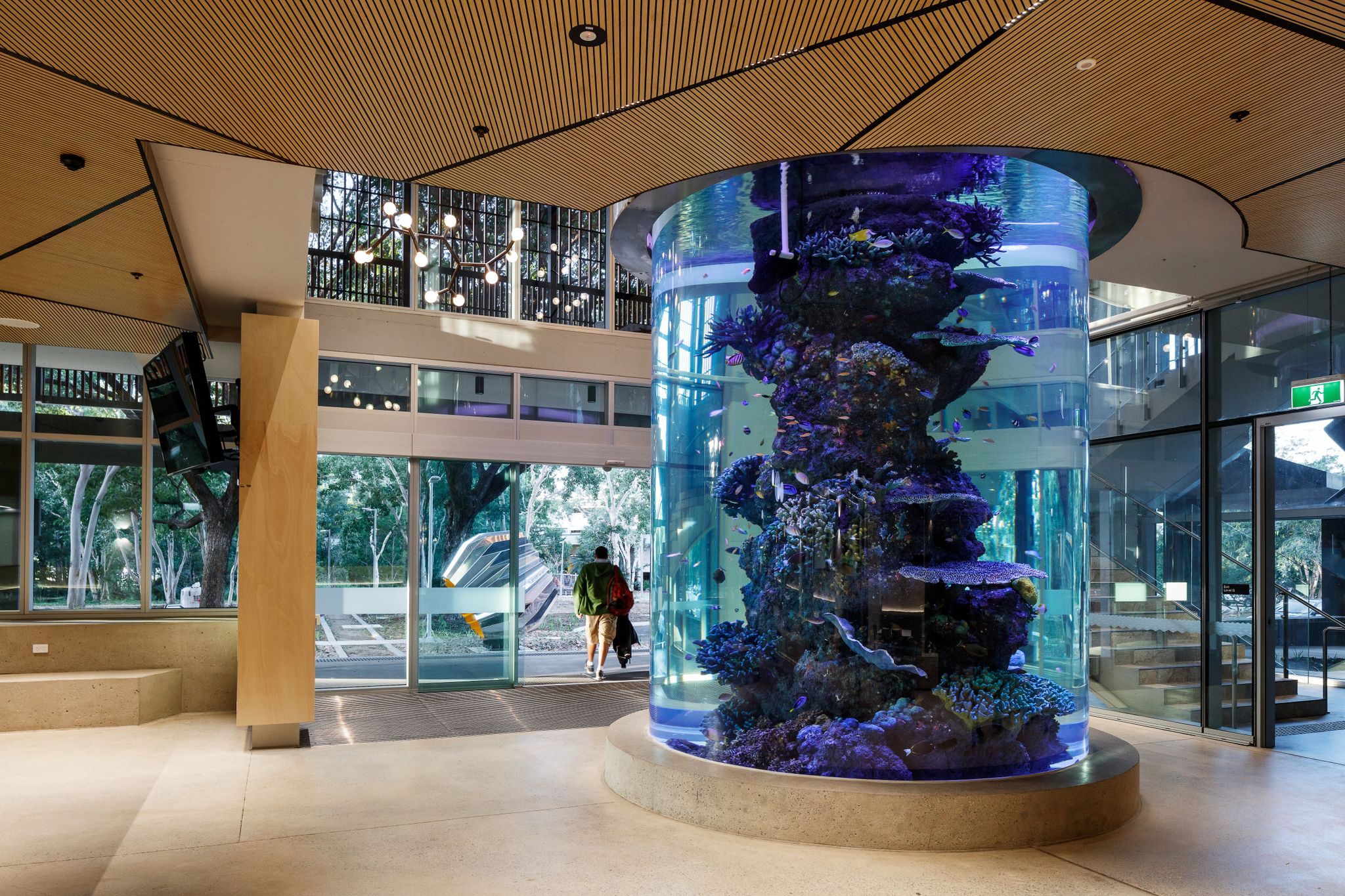
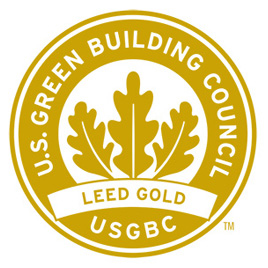
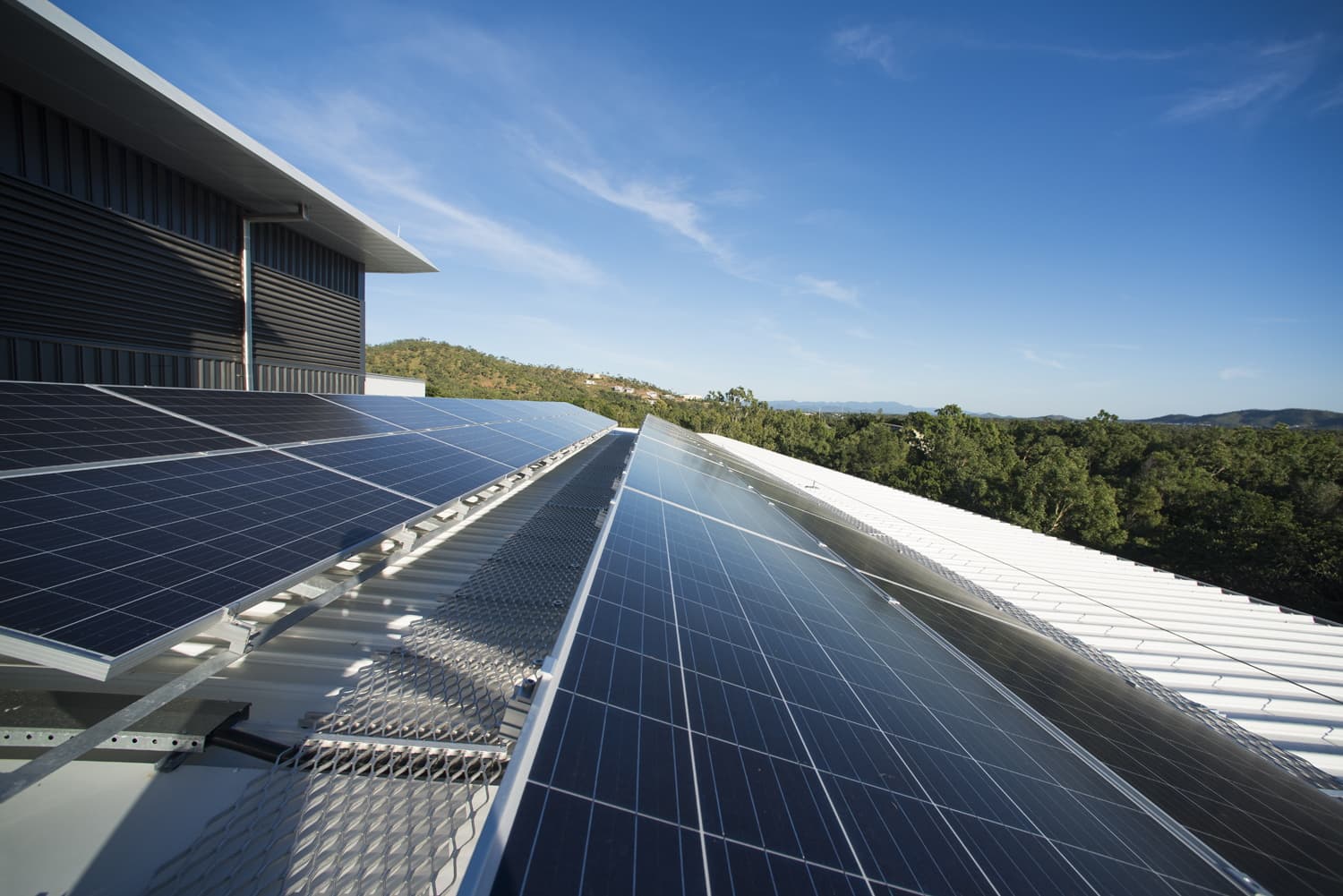

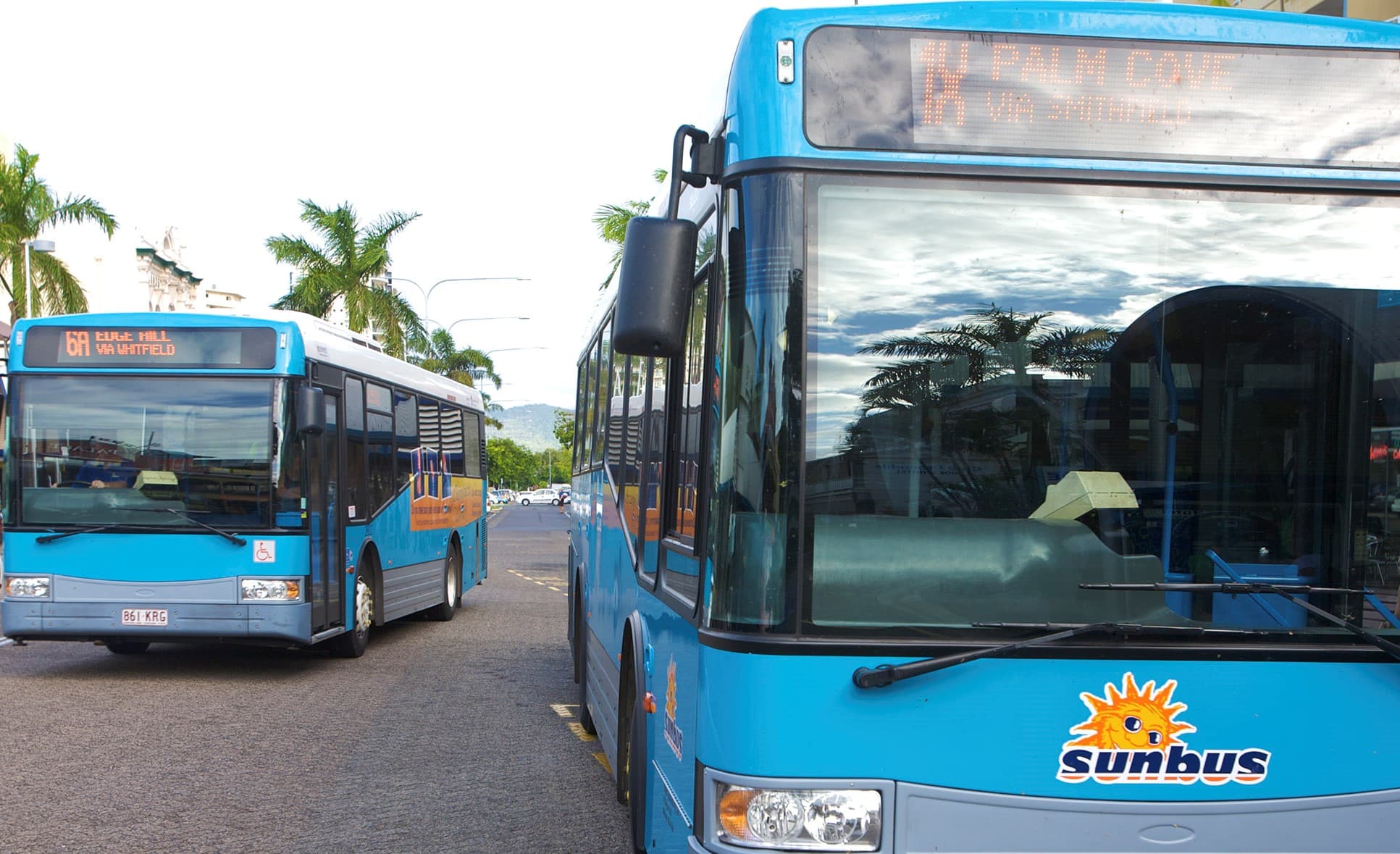
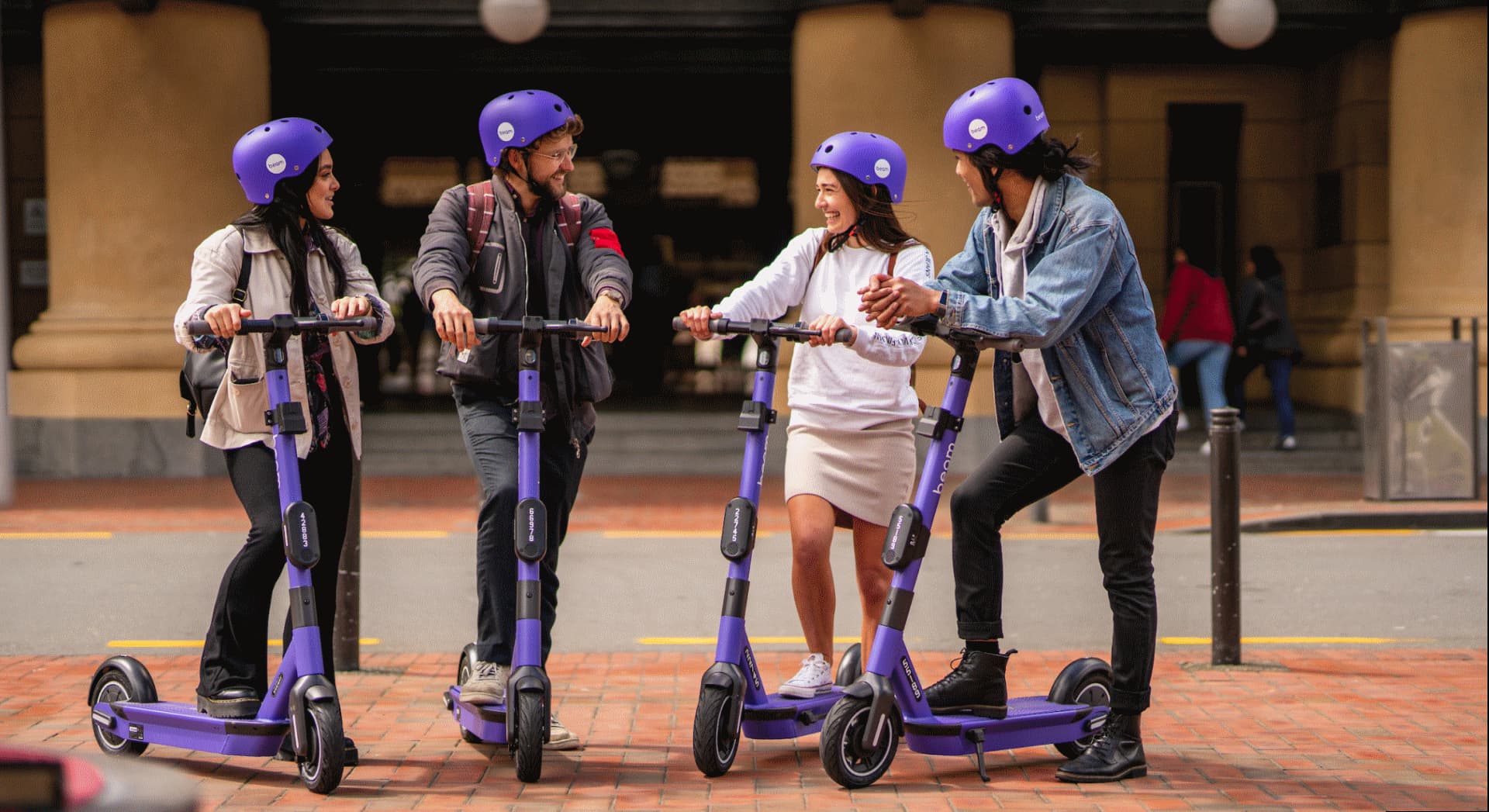
番茄社区 encourages staff and students to patronize sustainable modes of transport. Walking, cycling, and scootering to, from, and within campus are great ways of saving the environment from emissions from single occupancy cars while maintaining our physical fitness.
Active transport facilities include a Green Bike Fleet program, campus bike workshops and end-of-ride facilities. Designated bicycle storage areas are convenient to most major buildings on campus, many with secure access to shower facilities.
All campuses can be accessed by public transport services and on the more spacious Bebegu Yumba campus in Townsville, are an easy option for getting around.
番茄社区 values conserving water on our campuses. Rain tanks associated with many 番茄社区 buildings on campuses from the Torres Strait to Townsville to catch rainwater from building rooves to reduce town water use. In the Nguma-bada Cairns campus 番茄社区 has installed water saving aerators in all campus sink faucets, saving at least half of water and energy usage associated with regular faucets.
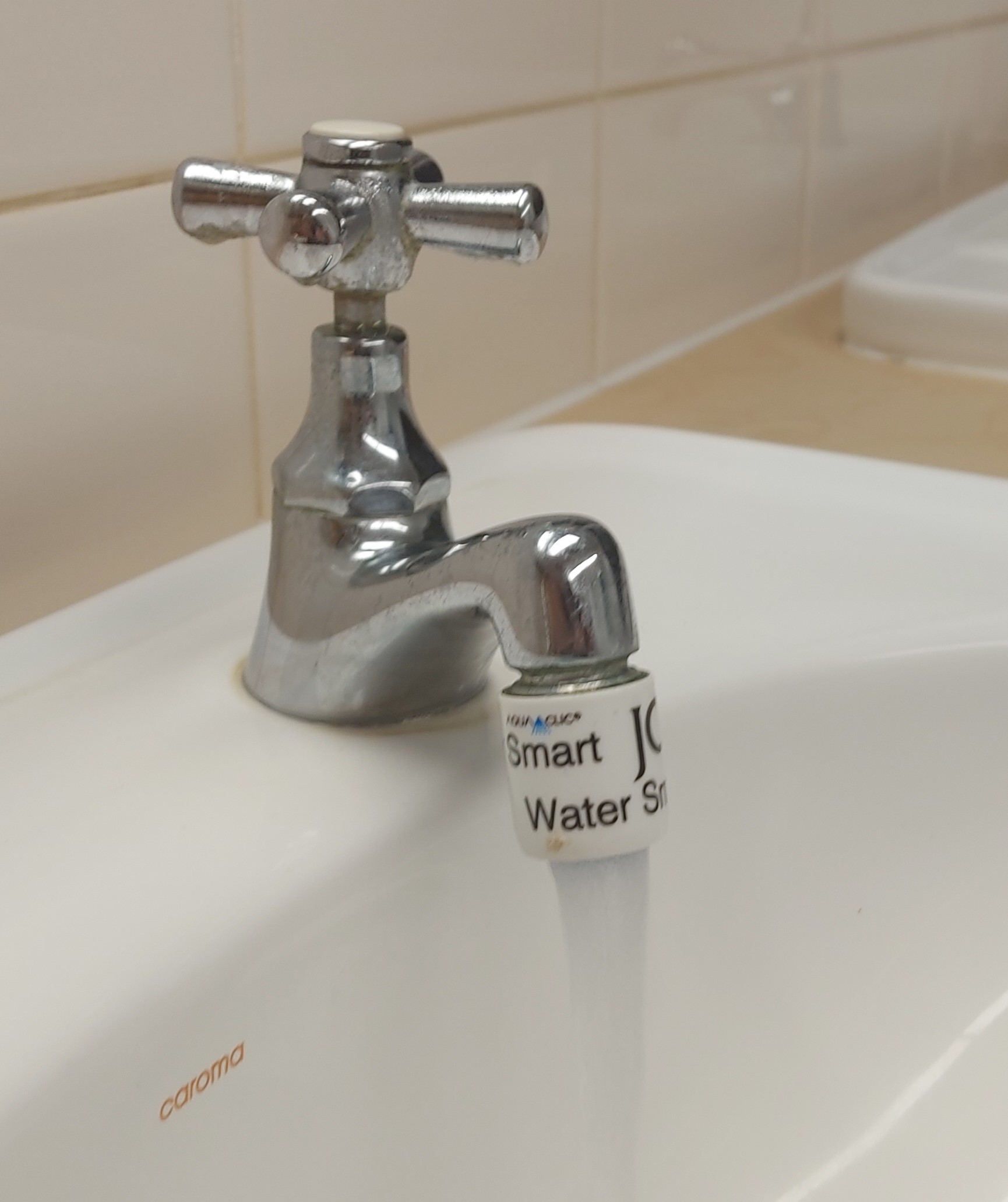
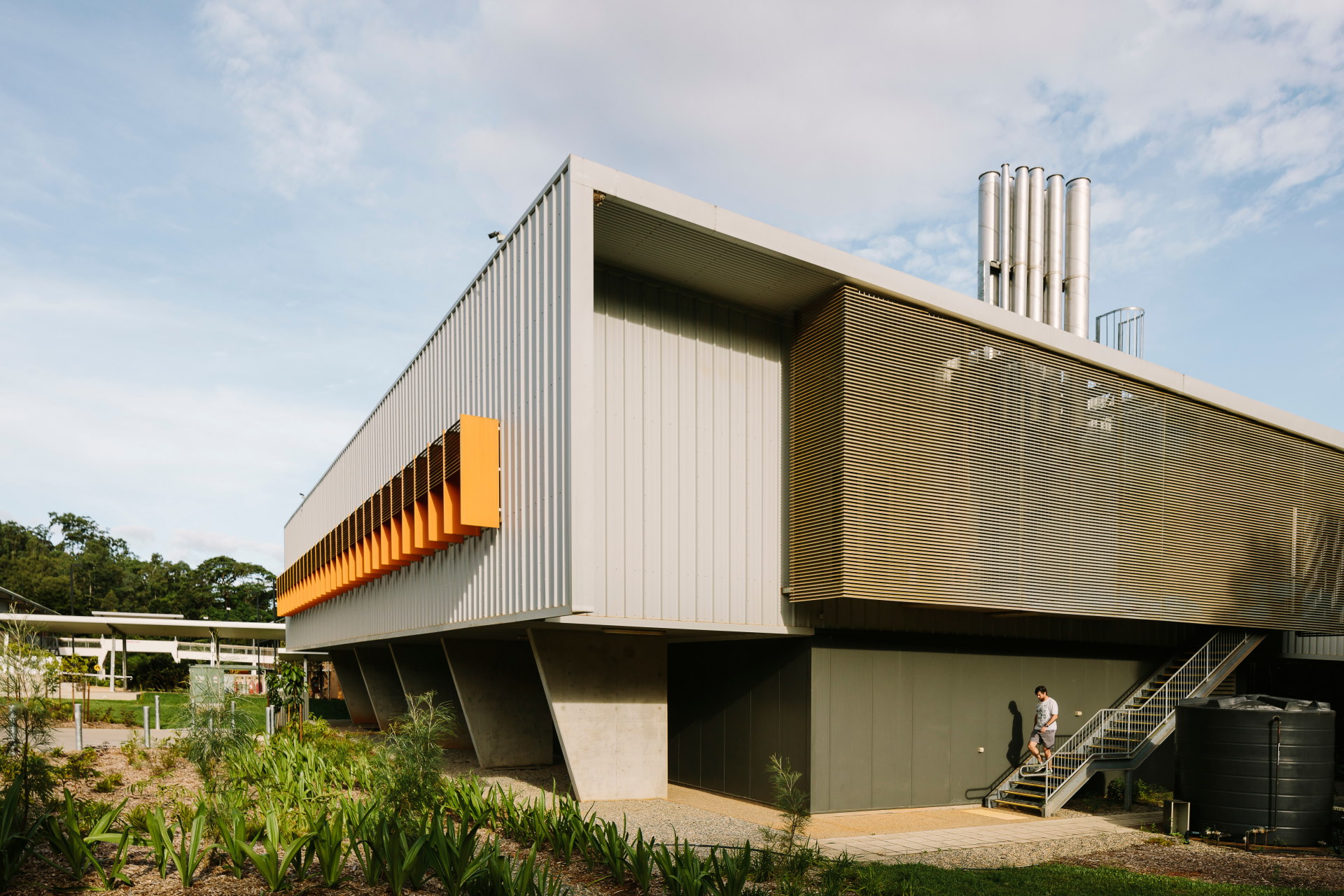
We have planted hardy native gardens on our campuses using plants local to each location to save on irrigation. Our irrigation systems are specially designed to be water efficient. See further details of our water-conscious gardens and water-saving irrigation systems designed by TropEco staff.
番茄社区 also saves water by:
- Recycling safe water from laboratory reverse osmosis systems
- Rainwater tanks on new buildings, including the Boatshed in Cairns and ATSIP building in Townsville
- Education and awareness programs for staff and students
- Reusing of old cooling tower tanks to store storm and bore water for irrigation
- Using bore water and stormwater to irrigate grounds
- Improving irrigation practices, metering and monitoring
- Installing of water efficient showers, taps and toilets in all new and refurbished buildings
- Sub-metered connections to the 番茄社区 energy management system to identify usage patterns and faults
- Working with Townsville City Council to minimise irrigation use and comply with water restrictions.
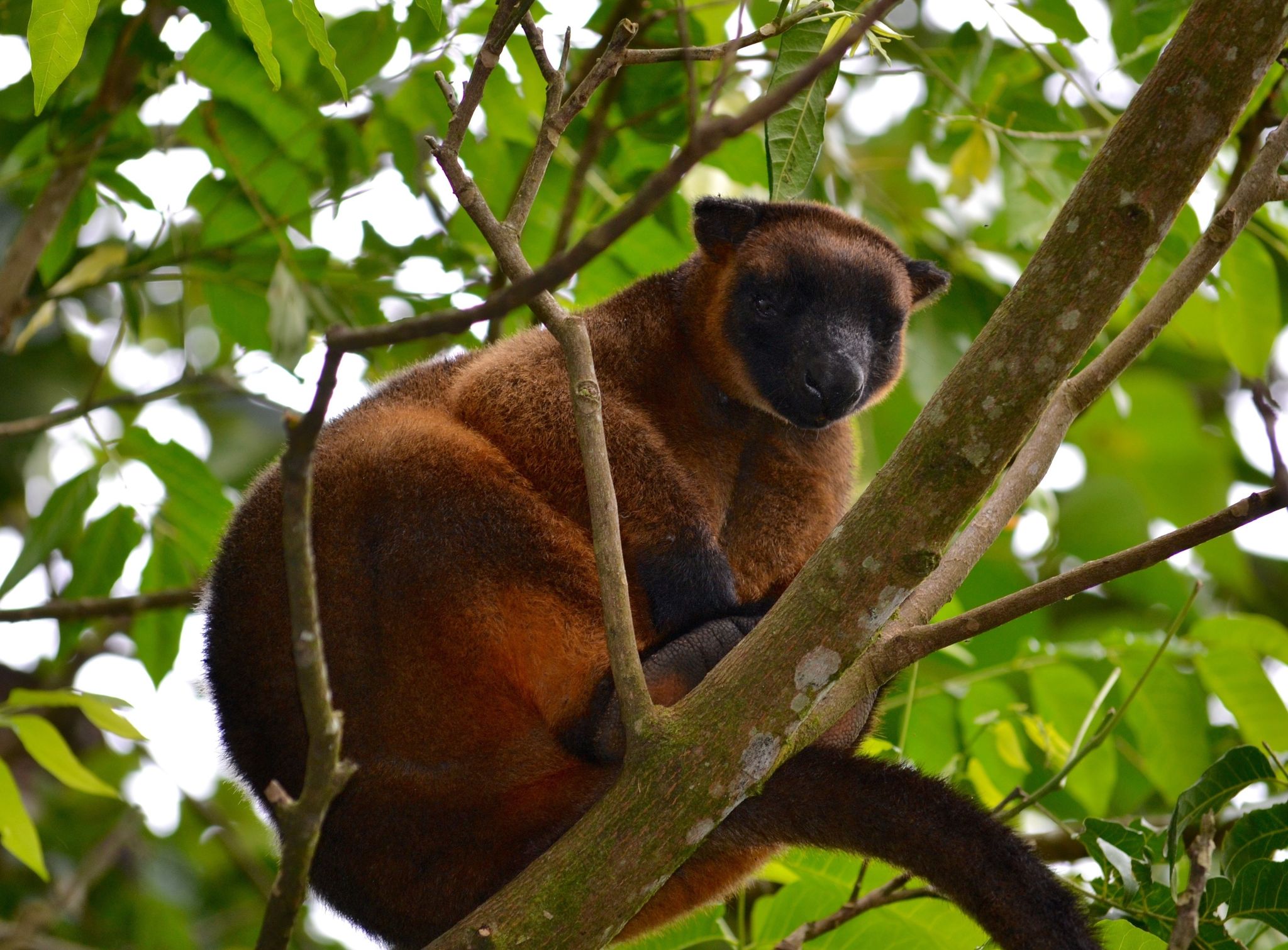
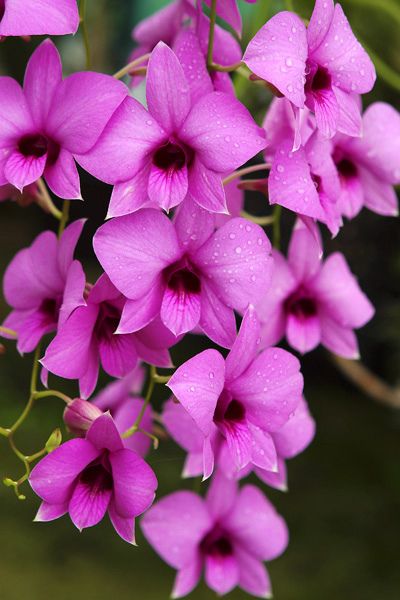
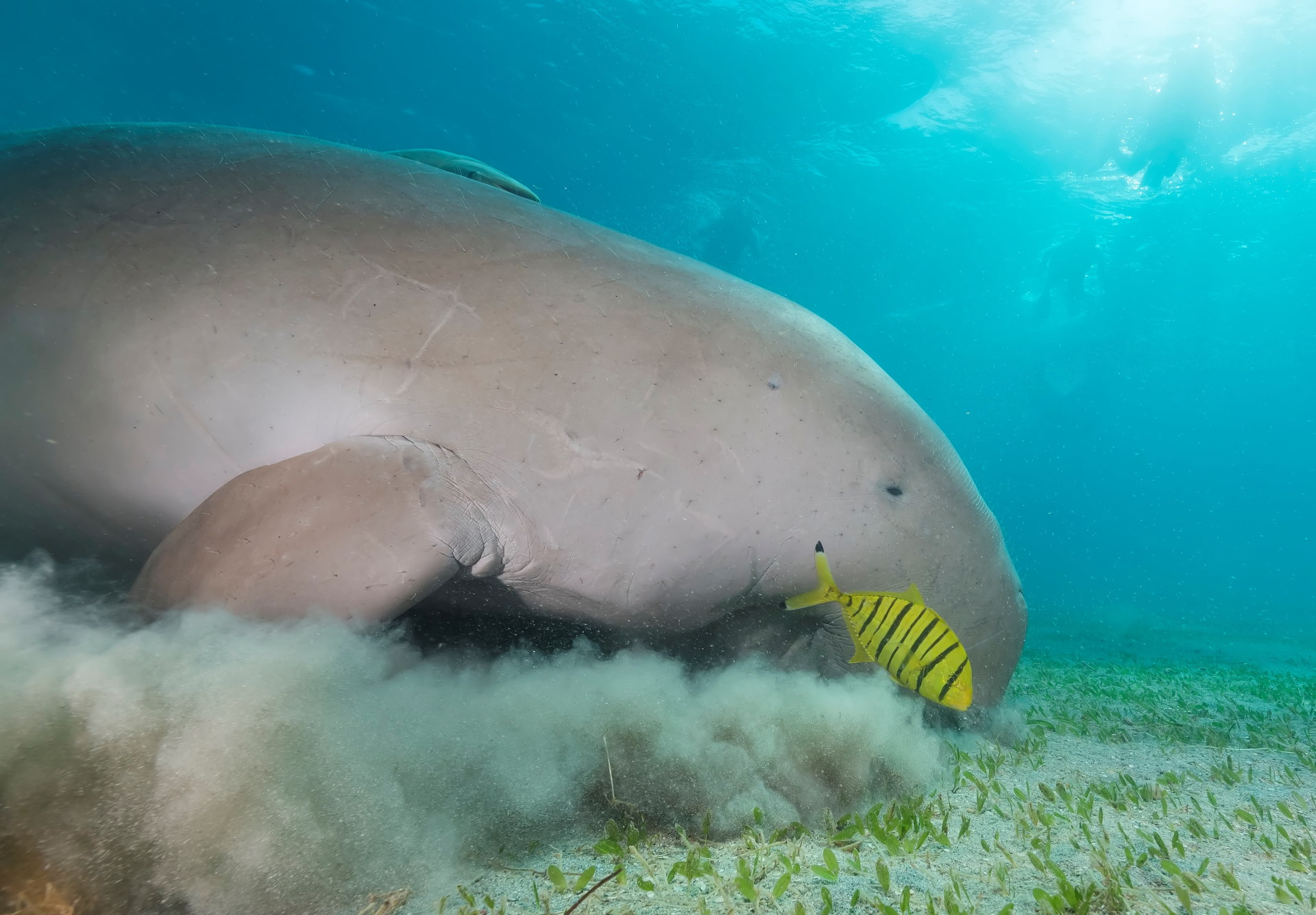
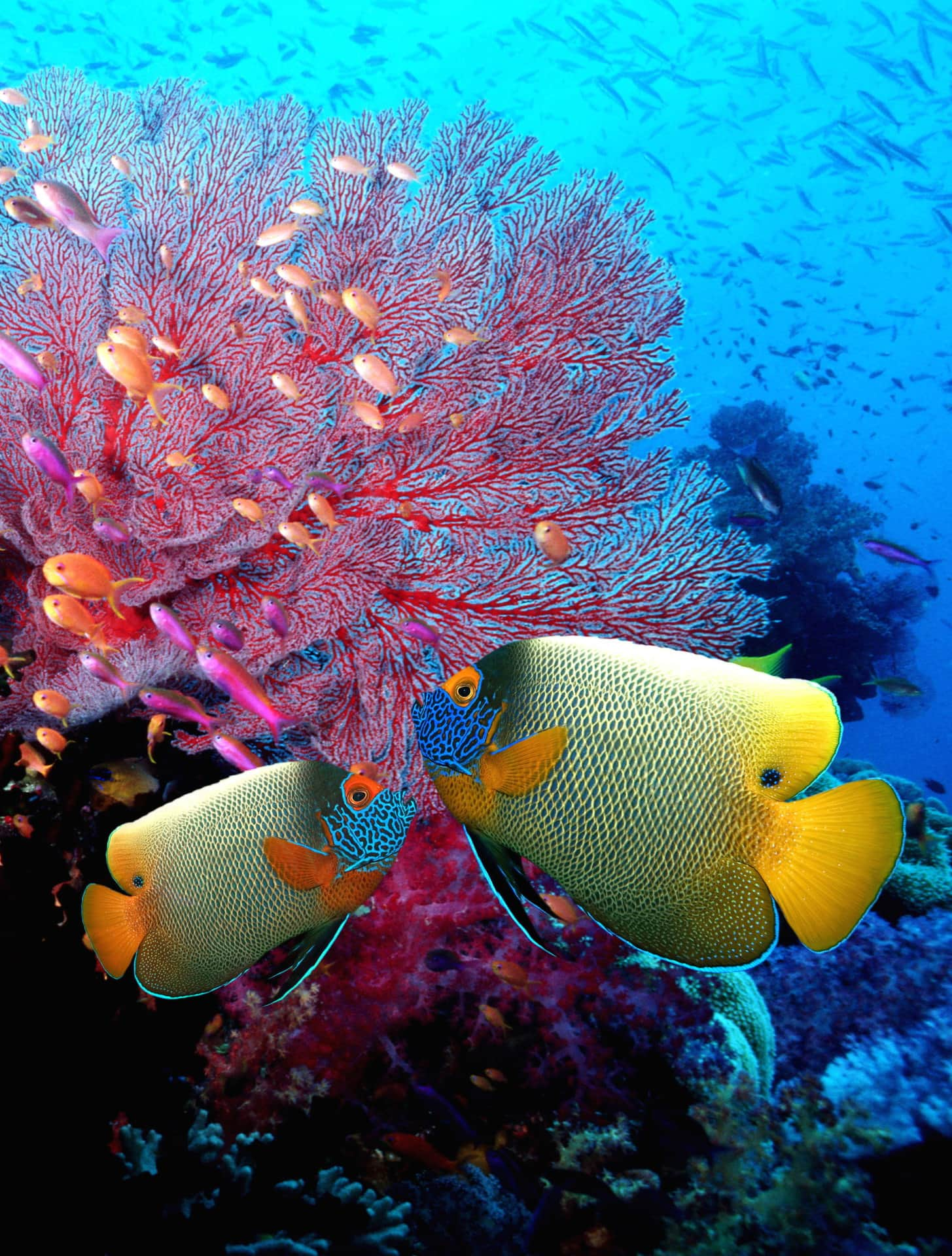
番茄社区's campuses each have an unique rich biodiversity which plays a major part in the attraction of 番茄社区 to students and staff. The Bebegu Yumba and Nguma-bada campus, along with our field stations, are managed through a variety of environmental and sustainability strategies and plans, utilizing databases like the HORTIS botanic platform for guidance.
The NAMP aims to inform future sustainable development projects to ensure 番茄社区 is an exemplar of best practice in campus planning and development, by identifying high value species, habitats and green corridors. 番茄社区 takes care to protect native wildlife including in our natural freshwater creeks, where fish ladders (below left) have been installed to allow fish to travel unhindered to their spawning grounds (Bebegu Yumba). Motion sensor cameras record native mammals, birds and reptiles that call our campuses home and help us monitor campus biodiversity (below centre and right).
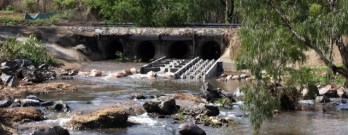
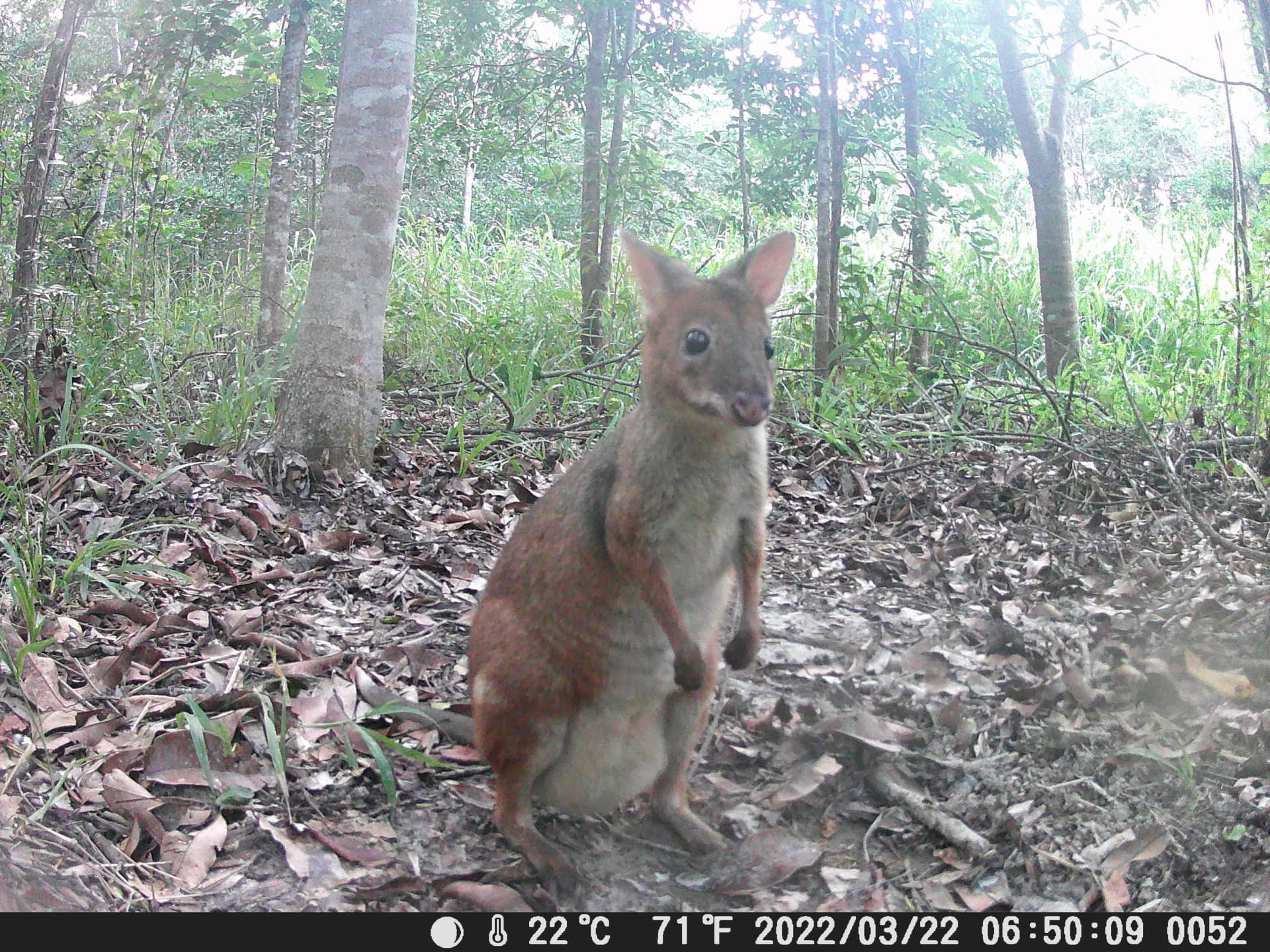
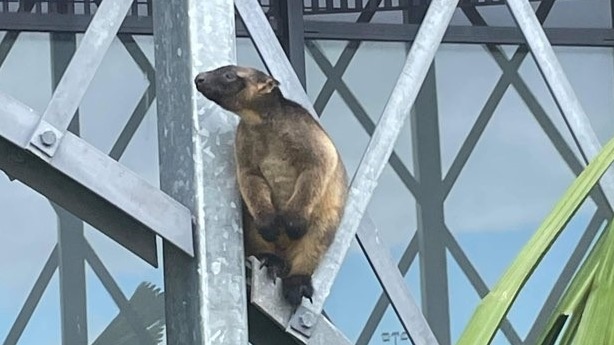
In our campus community gardens, students use compost generated from our lunchroom waste to grow fresh produce. We process our green waste onsite to create mulch for our native landscaped gardens.
Our native plant nursery also supports ex situ conservation programs for Australian threatened plant species and the effect of the invasive disease myrtle rust on native flora. The Bebegu Yumba plant nursery provides thousands of trees, including plants significant for indigenous food and medicine, that are planted back in revegetation areas on site to keep our native landscapes thriving. 番茄社区 also actively monitors occurrence of invasive weed species on campus , and regularly eradicates weeds and revegetates damaged areas with native plants.
Images below: campus native plant nursery, revegetation plot on the Townsville campus, TropEco volunteers removing weeds from the Orpheus Island Research Station.
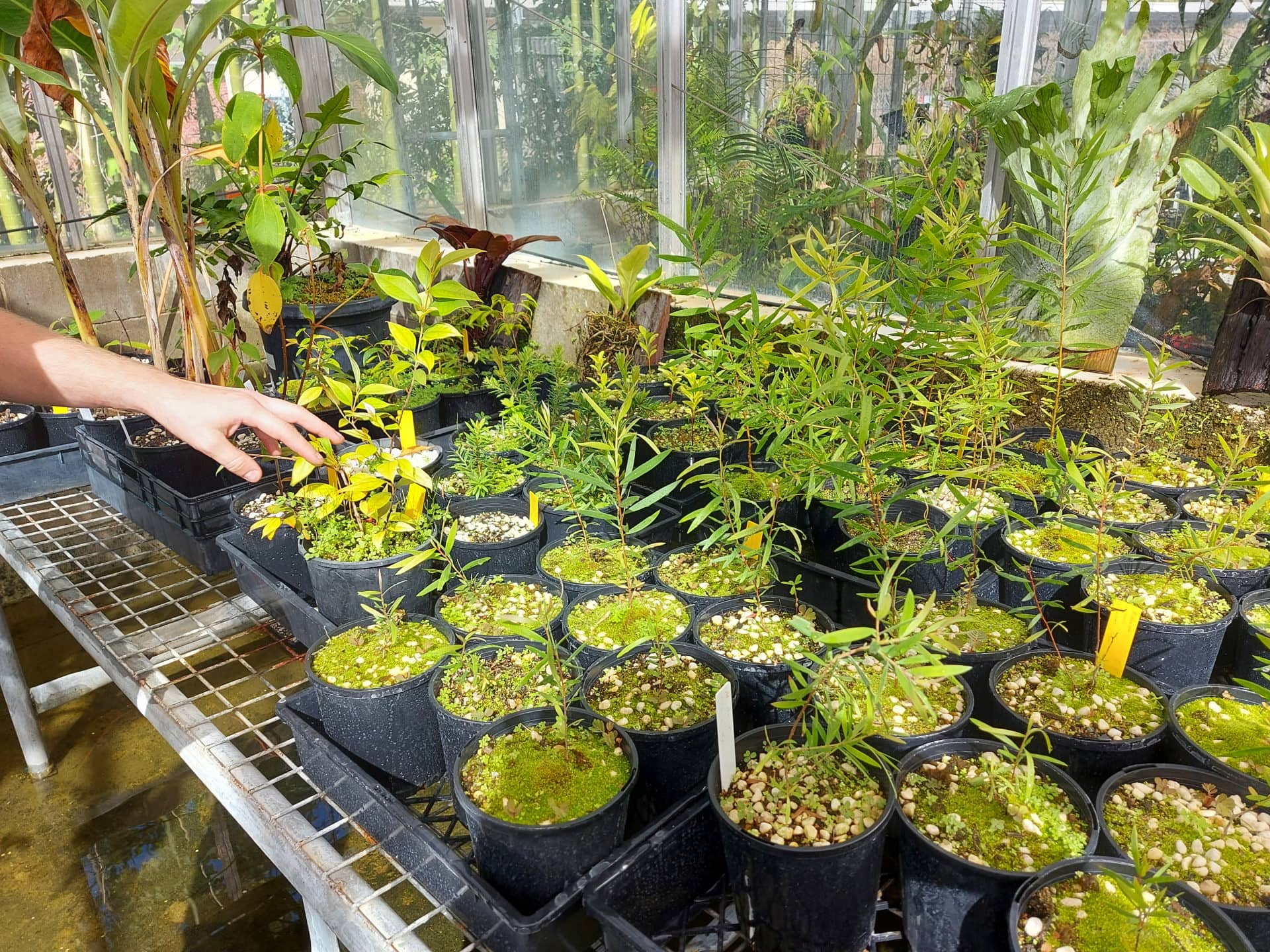

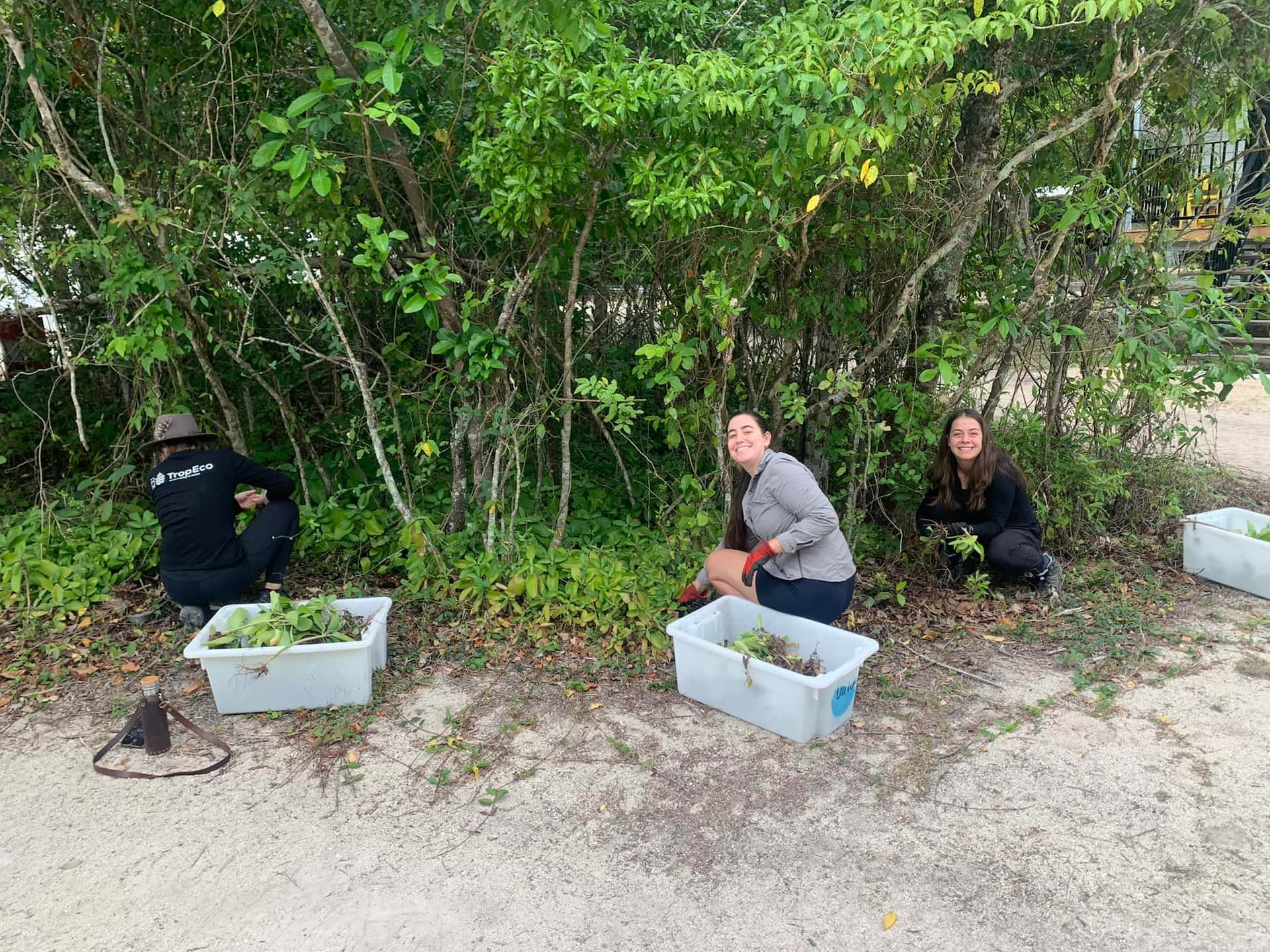
How can I get involved in sustainability at 番茄社区?


番茄社区 is committed to creating a more sustainable future. In 2016 番茄社区 became the first university signatory to the United Nations Sustainable Development Goals.
All 番茄社区 staff have an obligation to: “Support the principles of the TropEco program and engage in commitment to 番茄社区 sustainability goals and objectives”.
Here are some practical ways you can reduce your environmental impact by saving power on campus.
- Shut down your computer and monitors each day in offices, laboratories and residential buildings where possible, especially on weekends and holidays
- Turn off lights and appliances when not in use
- Schedule use of larger equipment for maximum efficiency in laboratories.
- Keep fridges and freezers clean and defrosted in kitchens, laboratories and residential spaces.
- When replacing electrical appliances for offices, kitchens or research spaces, purchase items with the highest energy efficiency ratings
- Keep doors and windows shut in air-conditioned spaces, for example in residential buildings, computer labs and offices.
Choose to travel sustainably to campus, around campus and between 番茄社区 campuses
- Choose to catch a bus to campus through the service
- Ride your bike or scooter to campus, purchase a bike through the Green Bike Fleet sale and workshop service. Save fuel and get fit at the same time, then freshen up in great end of ride facilities. There are covered bike racks for safely parking bicycles around campus.
- Hire an rather than drive your car across campus
- Carpool with friends and colleagues when commuting to campus, going to an off-campus event, driving between campuses or hiring a car from the airport, save fuel and enjoy a social commute!

What can you do to avoid creating waste and reduce the amount of waste you create on campus?
- Bring a reusable cup, mug, water bottle and lunch in a lunchbox to campus
- Avoid printing where possible, go digital! If you have to print; print double-sided, or 2 sheets per page.
- Avoid buying poor-quality goods that can't be repaired or recycled
- Before ordering new office furniture, check out the 番茄社区 Warp It page for used office furniture available for collection, you can also list item no longer required to donate to another 番茄社区 team
- Reduce food waste, create a milk club in your staff or student residence communal kitchen to pool purchasing of milk and reduce milk waste. Create an "USE ME UP -EAT ME" section of your communal fridge to share food that needs to be used up.


番茄社区 provides chilled fresh drinking water in water fountains on all campuses. Water fountains (known locally as bubblers) contain bottle refill taps as well as drinking faucets. Chilled water stations are available on each floor of multi-story buildings. 番茄社区 has installed several digital water bottle refill station that record the number of bottles refilled number of disposable bottles saved from landfill. 番茄社区 marketing provide mobile drinking water bottle refill stations at all 番茄社区 open day events for attendees and no longer provide bottled water. 番茄社区 Marketing and TropEco have provided thousands of reusable water bottles to students to promote reducing plastic waste on campus, including visiting high school students on 番茄社区 open Day (see below). See the 番茄社区 Marketing Event Toolkit for more information about the mobile water stations.


番茄社区 recycles many different waste streams including:
- Paper and Cardboard boxes
- Co-mingled recycling - Aluminum and steel cans, glass bottles and jars,, plastic bottles and containers
- Batteries
- E-waste including computers and mobile phones
- Florescent light tubes
- Printer cartridges
- Scrap metal
- Furniture through the Warp it system

Specialist Recycling
In the recycling hubs (below) located around each campus, you can recycle specialist items that can not be recycled in yellow co-mingled recycle bins:
Here are some tips to protecting the beautiful tropical environment on 番茄社区 campuses:
- Remember all campus drains lead eventually to the Great Barrier Reef, carefully follow disposal guidelines for chemicals in laboratories and workshops and respect our waterways.
- Dispose of waste correctly on campus following the Waste and Recycling Procedures
- Travel carefully around campus to avoid hurting native wildlife crossing roads. Report injured wildlife to 番茄社区 Security
- Get involved in TropEco activities such as the sustainability program, tree planting, clean-up days and the community garden to really make an impact.
